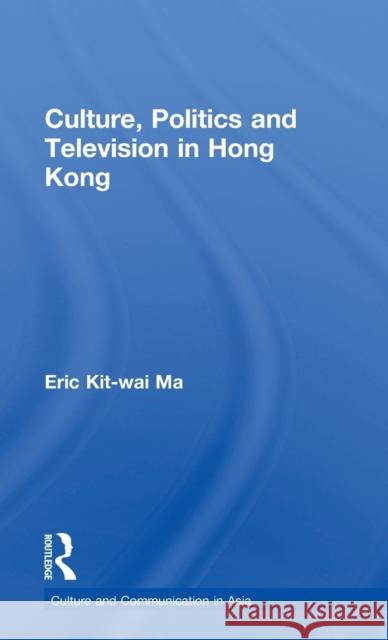Culture, Politics and Television in Hong Kong » książka
Culture, Politics and Television in Hong Kong
ISBN-13: 9780415179980 / Angielski / Twarda / 1999 / 256 str.
Unitl the mid-1980s, when it became clear that Hong Kong would return to China, people from Hong Kong tended to identify themselves as something other than mainland Chinese. Now that Hong Kong is again a part of China, the local population have had to come to terms with their previously suppressed Chinese identity. This book is concerned with how the identity categories of people from Hong Kong and mainlanders have changed in the 1990s. The analysis focuses on the role, in this process, of popular media in general and television in particular. The author specifically looks at the relationship between television ideologies and cultural identities and explores the role of television in the process of identity formation and maintenance as illustrated in the case of Hong Kong.
Ma looks at the ways in which the identity of Hong Kong citizens has changed in the 1990s especially since the handover to China in 1997. This is the first analysis which focuses on the role, in this process, of popular media in general and television in particular. The author specifically analyses at the relationship between television ideologies and cultural identities and explores the role of television in the process of identity formation and maintenance.











